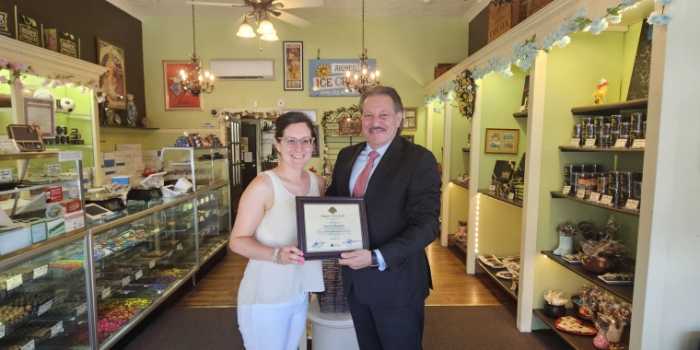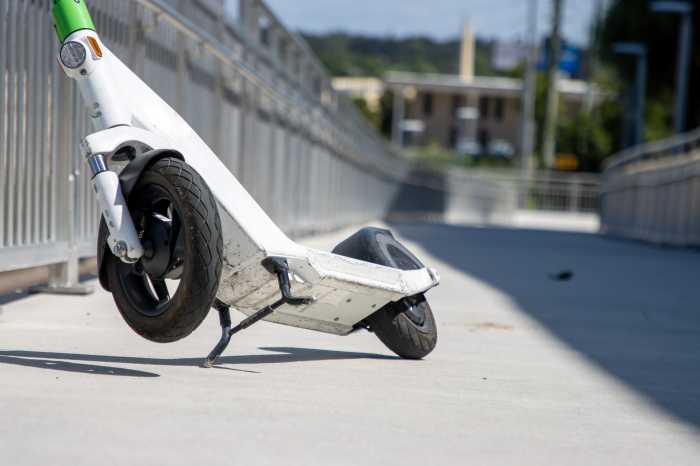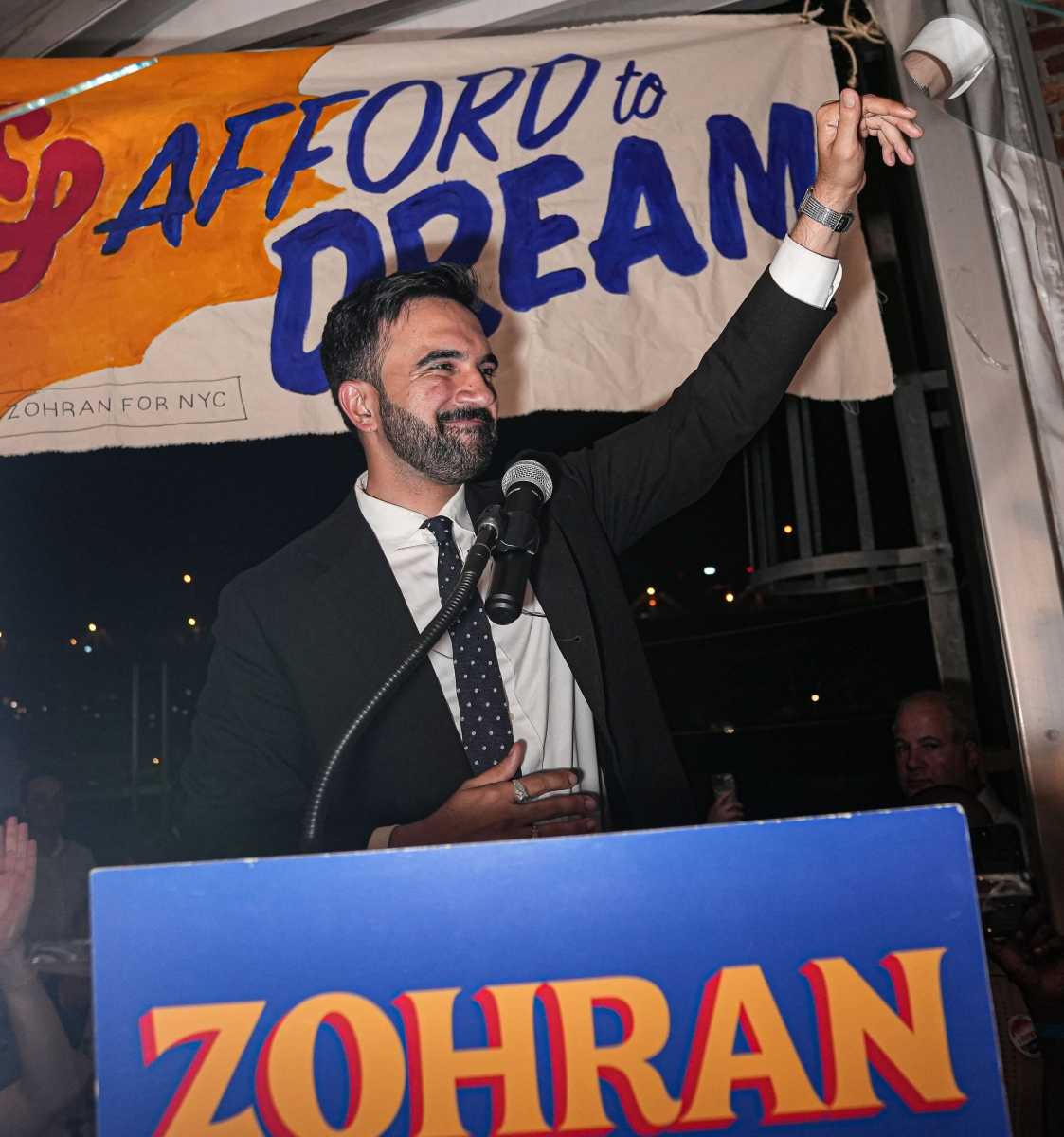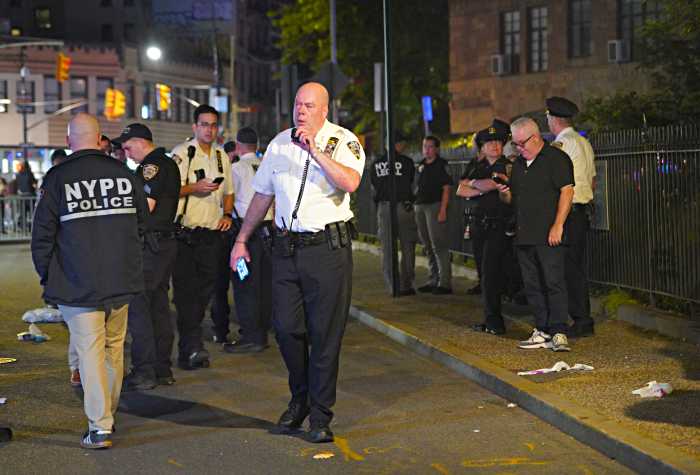Minimum Wage Up, More Education Funding
State lawmakers passed its 2013-14 budget early last Friday, Mar. 29. The $135.1 billion budget closes a $1.3 billion gap with no new taxes or fees.
It also holds spending growth at less than two percent while providing tax cuts to middle class families and small businesses, according to a press release from Gov. Andrew Cuomo.
Major features of the budget include business tax cuts, education reforms and investments, and a phased increase of the minimum wage to $9 per hour over the next three years.
Tax cuts
Middle class tax payers will pay $1.23 billion less in taxes over the next 3 years, and families earning between $40,000 and $300,000 that have at least one dependant child will be eligible to receive a yearly $350 tax credit beginning in 2014.
The budget also includes nearly $800 million in tax relief for businesses over the next 3 years. In addition, it introduces a permanent credit for those who take hire veterans and additional tax credits for hiring youth.
The unemployment insurance and workers’ compensation programs will receive an overhaul intended to modernize and simplify both programs while saving the state $1.3 billion without affecting workers’ benefits, according to the release.
Education
This year, the state is spending $1 billion more on school aid-a 4.9 percent increase over last year’s budget.
The increase includes an addi- tional $25 million for pre-kindergarten programs statewide. Funding will be awarded through a competitive process that favors high-need children in lower-wealth school districts.
New York City will enjoy an increase of $369.9 million for education, bringing the state’s contribution to $8.28 billion for 2013-14, according to Assemblywoman Catherine Nolan’s office.
The budget ties increases in school funding to the implementation of a teacher evaluation system.
In addition, the budget allocates $11 million to fund a program that gives $15,000 in annual stipends for four years to the state’s most effective teachers. Math and science teachers will receive priority in the program.
Teachers will be required to pass a comprehensive “bar exam” to receive teacher certification. The requirements for intensive studentteacher experience in a school setting have been increased, as well.
On top of additional funding, the budget creates a reporting requirement for New York City schools that utilize temporary classroom units (TCUs) such as trailers. The reports would indicate where the units are and how long they have been operating as classrooms.
“TCUs are not a good environment for teachers to teach and students to learn,” said Nolan, who introduced the legislation. “These trailers have been at some schools for several years-even decades-with many of them operating in Queens.”
Minimum wage increase
Many workers in New York will start seeing larger paychecks. The minimum wage is set to increase from $7.25 an hour-the same as the federal minimum wage-to $9 an hour by the end of 2015.
The raise is slated to happen incrementally, with the figure hitting $8 an hour by the end of this year.
The hike will be subsidized by taxpayers through a “minimum wage reimbursement credit” that pays for part of the difference between the current minimum wage and the higher rate in years to come. The subsidy lasts for three years after the wage increase hits its $9 cap.
Employers will be compensated 75 cents an hour for each minimum wage-earning employee when the wage increases to $8 in 2014. In 2015, when the lowest-paid workers are taking home $8.75, employers will receive $1.31 in reimbursement. In 2016, employers will be compensated $1.35 an hour for each worker earning the $9 minimum wage.
According to a press release, 12 other states have minimum wages that are higher than the federal minimum.
The budget also expands afterschool and extended day programs that feature academically enriched programming. The increase aims to expand learning time by 25 percent.
Transportation
The state has increased support to the MTA by more than $358 million- the boost constitutes an increase of more than 9 percent. The MTA’s operating budget is now $4.2 billion.
The increase will mainly be used to maintain services and reduce pressure on fares and tolls, the release said.
The NYC Department of Transportation will receive an additional $3.5 million in funding from grants and the NYWorks CapitalAssistance program.
Drivers should have an easier time at the DMV, too. The budget expands office hours and adds Saturday operations for many DMV locations.
It also introduces a self-serving queuing system that allows customers to reserve a place in line at the DMV from their home computers or smart phones.
The budget aims to increase efficiency by introducing self-service kiosks at DMV locations and redesigning the state DMV’s website for mobile-web-ready transactions.
This year’s budget includes appropriations for the first year of a two-year, $7.1 billion capital investment program benefitting highway and local road programs, as well as aviation and freight rail facilities.
Tech hot spots
In an effort to promote economic growth in the tech sector, the budget provides $1.25 million in new funding to support an Innovation Hot Spots Program.
The program aims to partner private tech companies with the state’s public universities to bolster privatesector growth and create jobs for grads here in the state.
Additionally, a $50 million Innovation Venture Capital Fund was designated to provide seed and early-stage funding meant to attract new businesses to New York.
State Sen. Michael Gianaris mentioned the Cornell-Technion campus being built on Roosevelt Island as a good candidate during an LIC partnership meeting in March.
In her Jan. 22 State of the Borough address, Queens Borough President Helen Marshall indicated Queens is “poised to become New York City’s future innovation hub.”
The borough president’s office is developing a strategic plan to create a ‘Tech Zone’ on the Queens side of the East River, and has been awarded a $150,000 state grant to develop specific strategies for waterfront revitalization that will support tech innovation, she said in the address.
Officials from LaGuardia Community College in Long Island City said the school’s department of mathematics, engineering and computer science will not seek to be a part of the program.
Gas station generators
The budget looks to prevent gas shortages like the one that hit the city after Hurricane Sandy destroyed fuel system infrastructure.
This year’s budget authorizes a grant program to help gas stations incorporate emergency generators to be used during extended power outages.
The program will be administered through the New York State Energy Research and Development Authority (NYSEDRDA).
The NYSEDRA will also purchase a pool of generators to be onhand for deployment in the event of an emergency.
Stations near controlled access highways and 30 percent of retail outlets will be required to make the upgrades by installing new wiring. The requirement only applies to downstate stations and exempts stations that sell less than 75,000 gallons of gasoline per month.



































